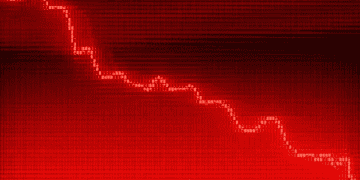Bernard Arnault, the founder and CEO of LVMH, a company renowned for its luxury brands like Louis Vuitton, Dior, and Tiffany, recently saw a change in his position on the world billionaire list, as reported by Bloomberg. His estimated net worth stands at around US $155 billion, placing him in the third position. This shift was primarily due to tech billionaire and Amazon CEO Jeff Bezos, with an estimated net worth of US $156 billion, overtaking him.
Topping the list is South African-born Elon Musk, whose fortune is valued at approximately US $243 billion. It’s noteworthy that the list is predominantly dominated by American tech entrepreneurs, making Bernard Arnault the sole European representative and the only billionaire focused on the consumer industry.
Arnault’s fortune experienced a decrease of approximately $7 billion, which could be attributed to a combination of factors, including deviations from expected sales targets and challenges arising from post-lockdown spending patterns, sluggish sales in China, and uncertain interest rates. Reuters noted that these factors also adversely affected LVMH’s stock prices.
In September, LVMH lost its title as Europe’s most valuable company. Other luxury brands, such as Burberry and South African-owned Richemont, which owns Cartier, faced similar setbacks.
Nonetheless, there is some positive news to highlight as LVMH reported a 9% increase in revenue within the fashion and leather goods sector for the third quarter. “After three strong and exceptional years, growth is now approaching figures more in line with historical averages,” stated LVMH’s chief financial officer, Jean-Jacques Guiony, as reported by Reuters.
JP Morgan, a prominent American banking institution, expressed some reservations regarding the fashion stock. “LVMH, in our view, remains one of the top-quality players in the sector and one of the companies expected to weather the ongoing volatility relatively well. However, given the current negative earnings momentum and an uncertain outlook, we anticipate limited potential for immediate revaluation,” as cited in a note attached to the report.
Your go-to for supply chain report news updates: The Supply Chain Report. For international trade tools, see ADAMftd.com.
#BernardArnault #LVMH #LouisVuitton #Dior #Tiffany #JeffBezos #ElonMusk #BillionaireList #LuxuryBrands #FashionIndustry #TechBillionaires #LVMHStock #GlobalEconomy #BusinessNews #LuxurySector #RevenueGrowth #ConsumerIndustry #FashionAndLeatherGoods #JPmorgan #MarketVolatility
















